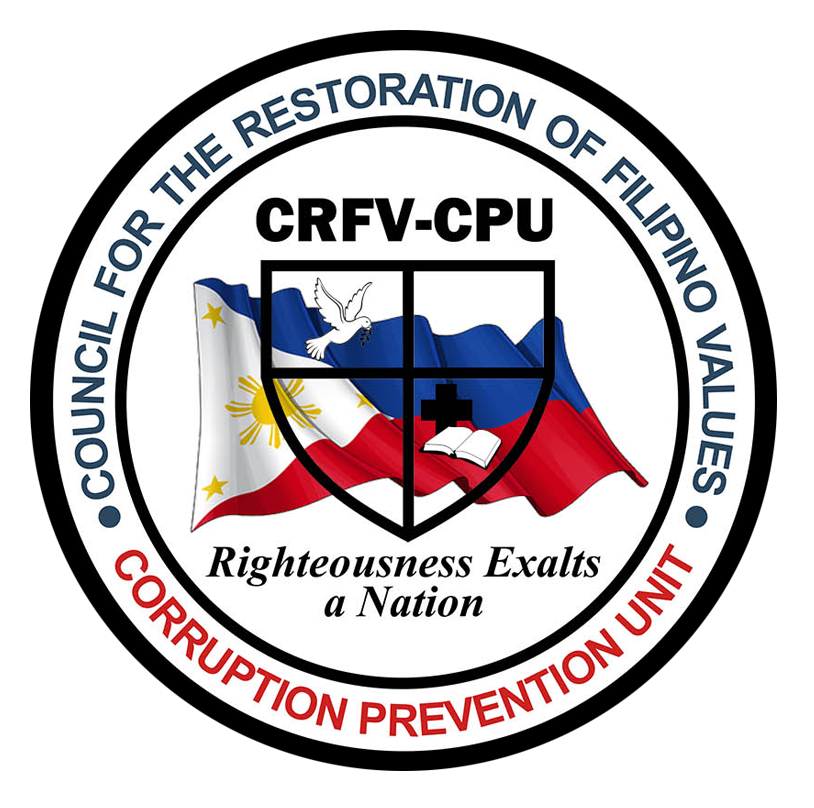|
by: Nathaniel A. Saquiban Sense of responsibility, from the term itself, is being sensitive or mindful to responsibility. It is being conscious to a certain task or endeavour with the determination to complete or finish it excellently on time. It is setting aside other unnecessary tasks and distractive forces in order to focus on the work at hand. It is doing one’s duty without any outside stimulus and the ability to police oneself in order to be productive. A person who has sense of responsibility is willing and ready to sacrifice worldly pleasures in order to prioritize what is deemed to be more important.
The value of sense of responsibility has many applications. It is expected from a person to practice it towards someone or something to whom or to which he or she owes allegiance to. A Filipino citizen, for example, is expected to render services to the country in whatever manner, not only to defend our constitution and sovereignty, but as well as to become a good steward of it. Just like Adam and Eve, God placed them in the garden to tend and keep it. It is the same with us as Filipinos, God put us in this country to look after it and protect it. Lamentably, there are a lot of us who are exploiting and destroying the beauty of our country due to selfish interest and personal satisfaction. Some even steal the wealth of this country for personal gain that deters its economic growth and progress. The truth is – there are a lot of Filipinos who are oblivious of their responsibility under the Preamble of our Constitution. It states that we are to build a just and humane society and establish a government that shall embody our ideals and aspirations, promote the common good, conserve and develop our patrimony, and secure to ourselves and our posterity, the blessings of independence and democracy. By assessing our present situation, are we truly building a just and humane society? Are we establishing a government that embodies our ideals and aspirations, promotes the common good, conserves and develops our patrimony? Observing the real scenario in our country, there is still a large proportion of our population, as well those entrusted with authority, who are doing things other than what has been mandated in our Constitution. Their abusive behaviors retard the building of a just and humane society. Their unlawful or illegal acts defeat the achievement of our ideals and aspirations. Instead of promoting the common good, it is fostering unequal distribution of wealth and benefits. Instead of conserving and developing our patrimony, they are misusing and abusing it. As our new President mentioned in his first State of the Nation Address, “these must come to an end”. We should be inspired of the fact that we are given only once-in-a-lifetime opportunity to build our country well. If we are in a strategic position of leadership, we are entrusted with responsibility and a chance to prove ourselves. What we have started, we must be committed to finish it. What we have promised to our constituents, we must endeavour to fulfil it. What we have sworn prior to our appointment, we must be ready to take on the responsibilities adhered to it. Sense of responsibility is a norm in the Philippines. Having been known as hardworking people in the world, idleness has no place in our turf.
0 Comments
by: Keren May B. Busaing At a time when enough teachings, inspiration, promotion, and encouragement were taught towards life and living with a purpose, the challenge remains difficult for some. In some cases, they don’t know where or how to start and for some who know the way, they have not yet broken through their personal struggles which is hindering them from fulfilling their potential to be available for others. To the end, the question is, “how can we be that strong support for others if we are also groping for help?” Are we in a position to remove the plank on someone else’s eye when all the time there is a plank in our own eye?
Being called to be Values Restoration Officers, being there for other people is a given - an unwritten or unspoken requirement. As much as we want to fulfill that version of ourselves instantly, we have to acknowledge the fact that such is easier said than done. In the same manner, we have to recognize that there is a process and a way to begin the journey. Great things start from within - our very essence and substance as individuals is what we need to nurture. To do this, we have to first master ourselves. The key to this is the value of self-reflection and analysis. It is the start, the beginning of our growth and journey towards fulfilling our greater purpose in life. We ought to be able to look at our faces in a mirror and not forget how we look like. Examine ourselves and consider our ways, test them, and turn to the ways of God and His goodness. It is by deeply knowing and understanding our inner selves that will activate progressive growth in our faith and character. Knowing that we are made in the image and likeness of God, we have to bear in mind that realizing our potential is anchored in conforming our innermost being to His nature. Notice that the process of self-reflection and analysis requires conscious effort to do. We are, by nature, instantly reactive to the things, people, and situations around us and those who have outgrown it have done so by overcoming their very own selves, by which they applied self-reflection and analysis. It is through this that they were able to acknowledge their weaknesses and strengths that allowed them to be compassionate and understanding of others. They are able to defeat their own demons and are able to be a formidable support for others. Waves and storms may come but like a fully-armored soldier, they are able to withstand the fiercest of battles and stand firm for themselves and for others - courageous to face yet another battle that may come their way. It is by constantly and consistently suppressing their human nature and selfish desires that they are able to rise every time. Such great stature and confidence has sprouted from the value of being able to look closely in our innermost being, consciously choosing to grow in goodness every step of the way. Such is called self-reflection and analysis. There is no shortcut to being strong. The process goes on every single day and it is by subduing ourselves and our selfish desires that we are able to advance closer and closer to realizing our purpose in life. Let us be reminded that our purpose is beyond ourselves and our families. We all have the potential to realize a greater purpose in this life. Let us desire to make ourselves relevant in this present and also to the future generations - to present and represent God in every way. We become an embodiment of our Creator, fulfilling all forms of righteousness. Let us reflect deeply into ourselves - our hearts and actively nurture that godly seed within and allow it to grow until it is able to bear good fruits and supply the needs beyond ours. Let us enjoy our journey and anticipate every victory that we are inevitably going to win. Jesus V. Sison, CRFV Deputy National Director Righteousness is an indispensable attribute of our Almighty God. It is of “being” (not just becoming) that literally means “One who is right. Possessing righteousness consequently is “right standing before God.” It is the only living standard that is suitable for us to stand before the Father. For “in the way of righteousness is life, and in its pathway there is no death”. It is believing and living according to God’s design for our lives, thus doing away with sin.
When we talk about living in righteousness, some people think that it had more to do with behavioral modification than heart transformation. To produce righteousness, one has to practice outward appearances of acts of goodness, kindness and holiness. These things mattered more to some people rather than Spirit-filled change. While those are good works and are commendable, rediscovering what God says about righteousness will let us realize that we fell short of understanding. Righteousness actually produces those works, not the other way around. The prophet Isaiah says that “we are all infected and impure with sin. When we display our righteous deeds, they are nothing but filthy rags. Like autumn leaves, we wither and fall, and our sins sweep us away like the wind.” Our attempts to produce righteousness on our own are repulsive in the eyes of God. We have all become like one who is unclean, and all our righteous deeds are like polluted garments. Even when our good deeds seem to be performed from the purest of motives, unless that motivation is to glorify the name of Jesus and the centrality of what we are doing is He, those deeds are completely self-righteous and sinful. As Saint Paul expressed that “the righteousness of God has been clearly and completely revealed apart from the Law and traditions, though it is actually confirmed by the Law and the writings of the Prophets; this righteousness of God comes through faith in Jesus Christ for all those those who believe, trust in Him and acknowledge that He is the Son of God. There is no distinction, since all have sinned and continually fall short of the glory of God.” If we are to modify our behavior, the motivation is to please God above all, coming from the conviction of the Holy Spirit and not simply to appear, even without comparison, that we are more holy than others. With these thoughts, we start to ponder and realize that we needed to repent and lay all of this at the feet of Jesus. We are completely incapable of changing our own hearts and have righteousness. Only God can do that. When we stop trying to produce our own righteousness and begin to simply trust in the Holy Spirit to change our hearts, He will make us righteous. First, we confess our sins, then He is faithful and just to forgive us our sins and to cleanse us from all unrighteousness. Only the perfection of Christ and His finished work on the cross could accomplish and complete righteousness in us. Only Jesus, who lived as a Man on the face of the earth with a perfect, obedient, and sinless life can satisfy the requirements of God’s righteousness that must be seen in us. The scriptures are firm and clear that we have to seek first God’s kingdom and His righteousness and pursue it; and yet we have fallen short and unable to produce it. So where do we get it? Again, our righteousness is imputed from Jesus through the atoning work that He accomplished on the cross. We can’t produce it, Christ produced and lived it for us. So, as we “learn to recognize and treasure what is excellent in identifying the best and distinguishing moral differences; we start to acknowledge and believe Christ that we may be pure and blameless until the day we actually see Him manifesting and living in us that lead and inspire others away from sin; being filled with the fruit of righteousness which also comes through Him, to the glory and praise of the Almighty God so that His glory may be both revealed and recognized.” Pursuing righteousness is pursuing God’s character. We turn away from sinful desires and yield to Jesus Christ. As we allow Him to live and work in us, we are changed from glory to glory, and our new nature will become more according to His image and likeness. Thus, when God looks at us, He doesn’t see our sin or filthy garments. Instead, He sees us clothed in the righteousness of Christ. He sees us instantly and completely justified through that righteousness. As it was declared, “I will rejoice greatly in the Lord, my soul will exult in my God; for He has clothed me with garments of salvation, He has covered me with a robe of righteousness,” We are transformed from within possessing His nature. And through obedience, it will be considered righteousness for us, that is, again, right standing with God, as we are careful to observe all His commandments. It follows that the land is also blessed. God outlined so many rewards because of righteousness that affects the entirety of the nation. From fullness of life to fruitfulness, safety and security- oh, the Nation is blessed. We can rest in the fact that God sovereignly works everything for the good of His people, including restoring us through the righteousness of His Son. Our righteousness began in Christ and is completed in Christ. Follow Him and pursue it daily. The conclusion of the matter, as righteousness restores a person, so is a nation. For righteousness exalts a nation. As we seek first His kingdom and His righteousness, we are proclaiming that His government shall be established within the system of ours because righteousness is the foundation of His throne. Therefore, where His throne is, His sovereignty resides and His Lordship manifests. by; Carol Donaal “For if you forgive other people when they sin against you, your heavenly Father will also forgive you. But if you do not forgive others their sins, your Father will not forgive your sins.”
“The act of forgiving someone who offended us” may seem a sign of weakness unto others. But on the contrary, as Mahatma Ghandi, an Indian lawyer, once said, “Forgiveness is an attribute of the strong”. A weak person cannot genuinely forgive an offender but a person who forgive understands that pardoning an offender can only be done upon the surrender of oneself unto God which requires a willing act of strength of the heart and strength of the mind. It is not indeed an easy thing to do in the human plane. However, Jesus Christ, while in the likeness of man, demonstrated to us that human weakness is not a hindrance to forgiveness. While at the cross, He mentioned, “Father, forgive them for they do not know what they are doing”. He immediately released forgiveness to the Roman soldiers who spitefully battered Him. We can see here that it was easy for Him to forgive. It must be because He was able to look into the end result or to the benefits of forgiveness rather than on the magnitude or the graveness of the offense. How many of us then do the same thing? Do we put a greater weight to the positive effects of forgiveness rather than capitalizing on the wrongs committed against us? It is always best to be free from all sorts of emotional pain because it will not only make us strong spiritually but it will also keep us physically healthy. All forms of grudges or bitterness in our hearts are garbage that will poison us ultimately. They are also undue excess baggage that will deter our rapid movement towards the finish line. It will cause us to linger on things and distract our focus. It will also destroy our accurate perspective of things. We will have unfounded negative prejudices to people. Therefore, we should stay clean and pure in our hearts and minds by practicing the value of forgiveness. We should pray, thus, the prayer taught to us by Jesus Christ. Forgive our sins as we forgive those who sinned against us. It was subsequently written that we should forgive others their trespasses so that our sins will also be forgiven because if we do not, then we cannot expect ourselves to be forgiven. It is a command that we should obey, otherwise, we will reap the adverse consequences. We must not let the offense imprison us any longer. We should set ourselves free. As the renowned theologian Lewis Smedes said, “To forgive is to set a prisoner free and discover that the prisoner was you.” We should not therefore prolong the state of our imprisonment when we have been given the choice or opportunity to free ourselves. A Gospel preacher also said in his sermon: “Forgiveness protects and frees us from the prison of self-righteousness and self-condemnation”. This statement should be a compelling challenge to forgive and any unwilling person can be said to be filled with pride. Thus, we should have a humble attitude if we are to observe the value of forgiveness. Just as we have been forgiven, we must learn to forgive. It is in giving that we receive. by: Atty. Carolina Lim-Gamban “Success in not about your lack of resources, it’s about being resourceful with what you have.” These words came from Harvey Mackey, a seven-time New York Times best-selling author of inspirational business books. These past two years have been both VUCA (volatile, uncertain, complex, and ambiguous) and BANI (brittle, anxious, nonlinear, and incomprehensible). But in the midst of these kinds of environments, a resourceful person always rises to the occasion, and so the need for resourcefulness to be part and parcel of all modern leaders.
Resourceful people possess an excellent mindset. When confronted with challenges, barriers, or hindrances, their minds are open to possibilities. Their positive mindsets overtake the uncertain “what ifs”. Resourceful people are not confined in a box and always find ways to make things work. Sometimes, what hinders people from exploring the possibilities is their scarcity mindset or poverty mentality. People with a scarcity mindset or poverty mentality think that they always lack things, or what is available is not enough. They could not fully accomplish the task because they are barred by the thought that the resources are scarce. Remember the boy with five loaves and two fishes who offered it before Jesus to feed the five thousand? He could have thought that the loaves and fishes he had were not enough to feed the many, and he could have stepped backwards. But his mindset is different. If Jesus could heal the sick, and cast out demons, nothing is impossible for Him. The boy’s mind tapped on the possibility, and he was able to witness one of the greatest miracles in history. In times of difficulties, resourceful people solve problems in innovative ways. Resourceful people account what they have, come up with a plan, and start on what is there until they accomplish the task. They just don’t easily give up but are firm that, “Whatever your mind can conceive and believe, it can achieve.” Remember MacGyver who always finds a way to escape from his antagonists and from dangerous situations? By using the things around him coupled up with his knowledge and skills, it allowed him to survive and thrive wherever and whatever situation he is placed in. He always sees the opportunities in the midst of adversity. It’s like sailing a boat where you use the wind and the waves to work with you and not work against you. They use the circumstance to come up with brighter ideas or better ways of doing things. Resourceful people have foresight. They are not confined in the now but also prepare themselves for the future. Having the foresight, they upskill themselves for whatever will come their way. They are prepared to meet the opportunity so that for every eventuality, they have the set of tools to properly assess, diagnose, and solve, making them ever-ready in every situation. Have you read the story of Joseph on how, under his governance, Egypt was able to overcome the famine? Having interpreted the dream of Pharaoh, he was able to maximize the years of plenty to answer for the future scarcity. Resourcefulness does not only come into play in times of difficulties or scarcities but also even when all are calm and are abundant. Joseph even during the years of plenty, saw to it that whatever they have is multiplied, saved for the future, and to be used in the future. He portioned the harvest to what amount can be eaten, what can be saved, and what can be planted. In that way the present and the future needs can be addressed. Lastly, resourceful people are not only confined to their own needs but look after the needs of other people. As the saying goes, “Necessity is the mother of invention” and whatever innovations or inventions there are, they are for the benefit of the people. Looking at the many examples of what we have today, these innovations or inventions were created in the midst of the needs of time, but were not created just for one person’s use but for the use of humanity. We may experience rapid changes, chaos, or uncertainties now or in the future, but with resourcefulness innate and ingrained in us, we shall overcome. |
CRFV Winning TeamA company of men and women who have committed their lives to the cause of national transformation. Archives
July 2024
Categories
All
|
Our Services |
Our Organization |
SupportSupport Page
FAQ Terms of Use |
Copyright © 2015 | Baguio City, Philippines 2000 | 074-424-1497 | [email protected]

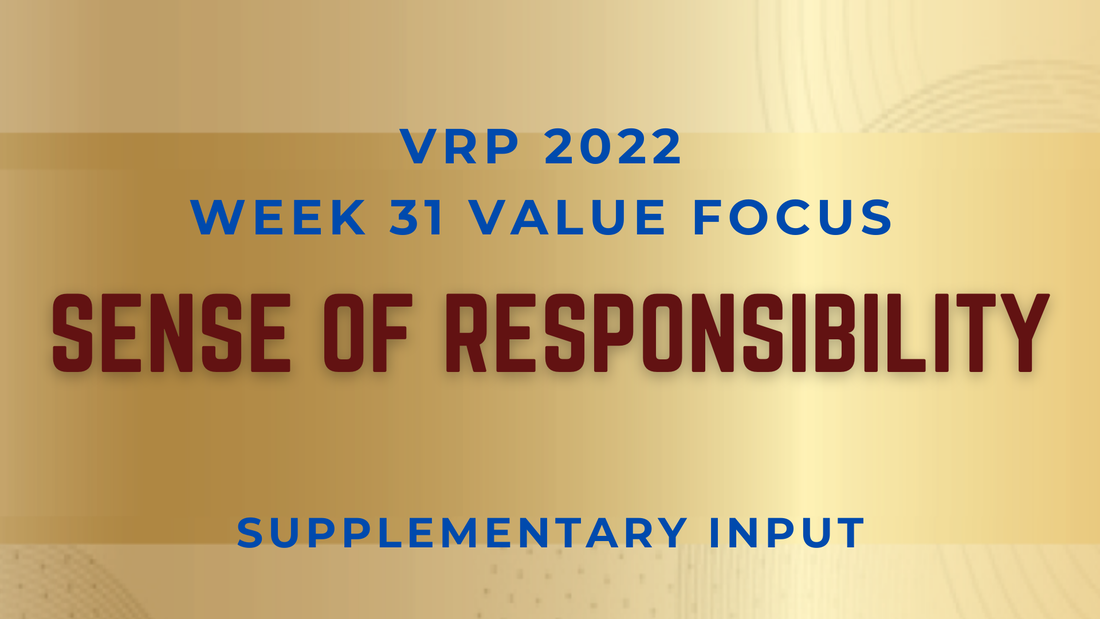
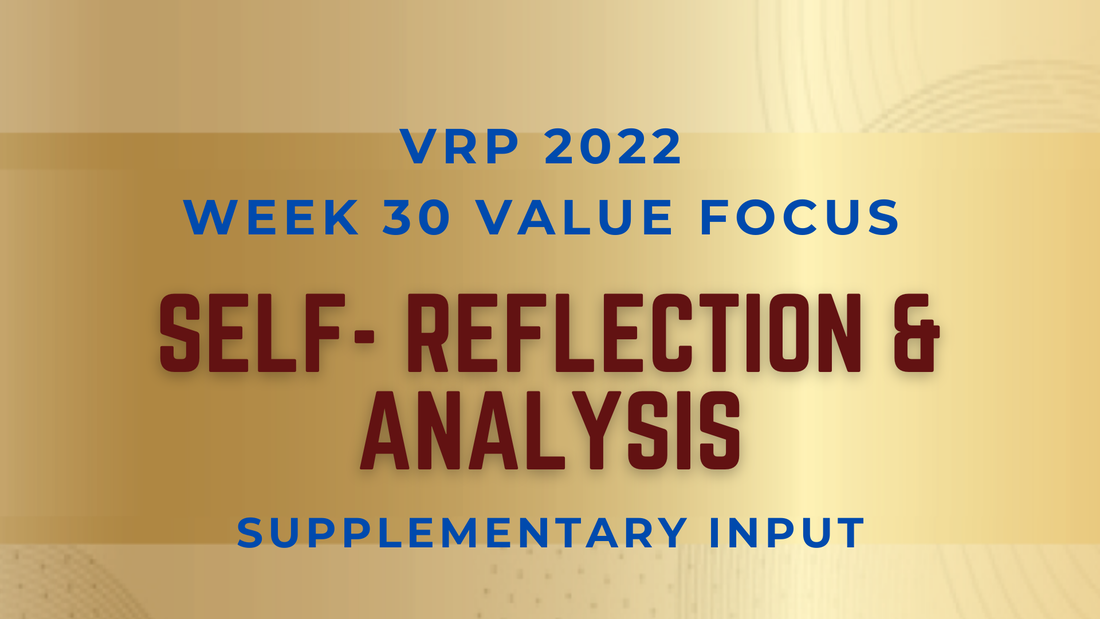
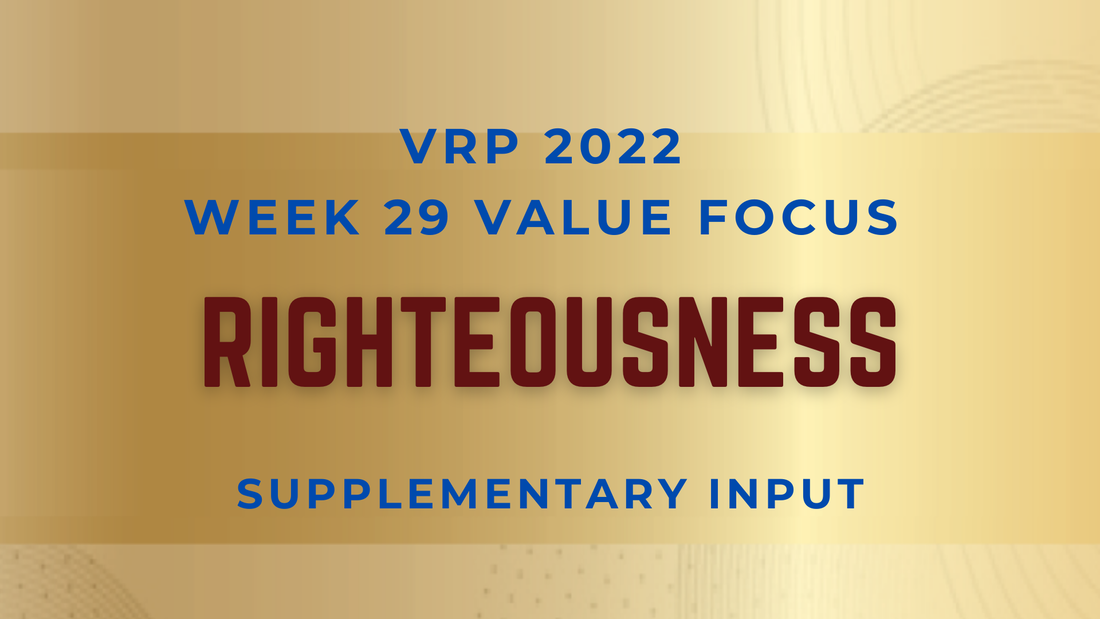
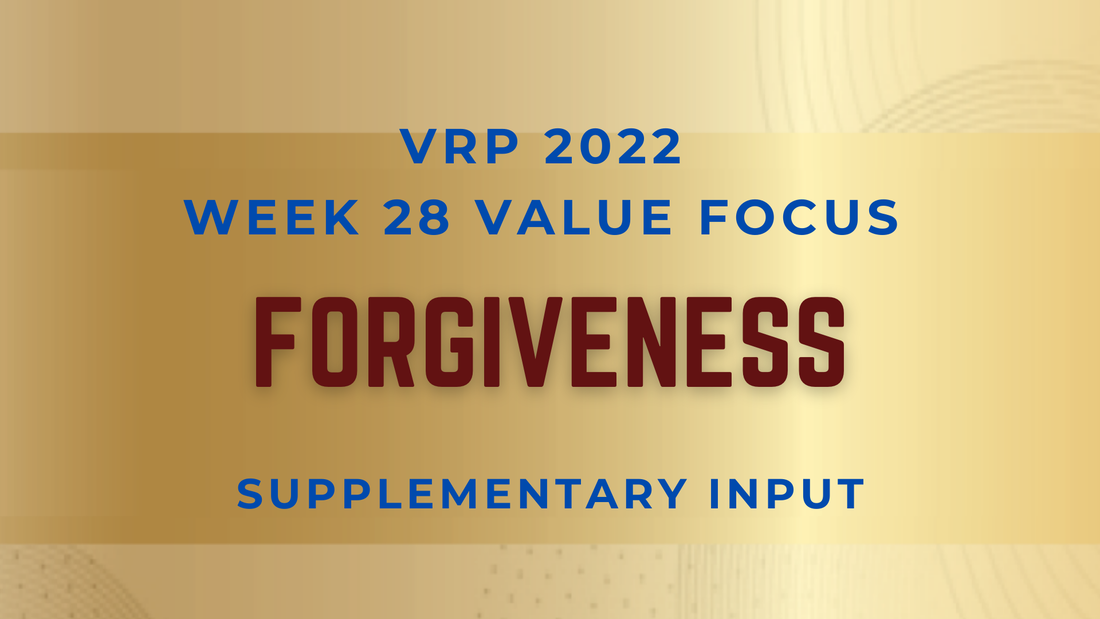
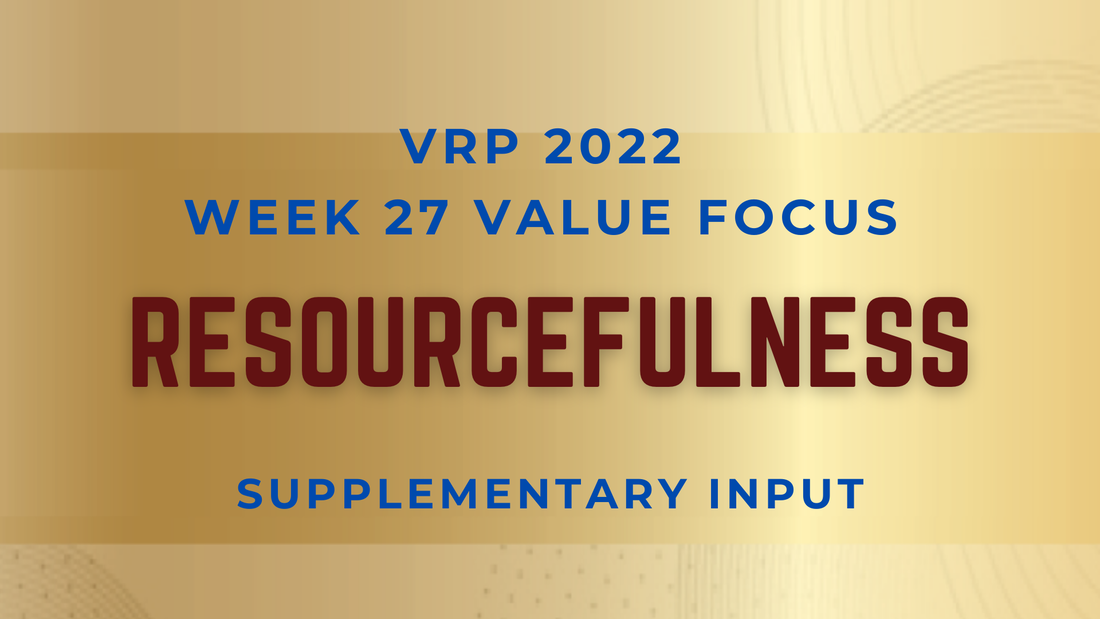
 RSS Feed
RSS Feed
